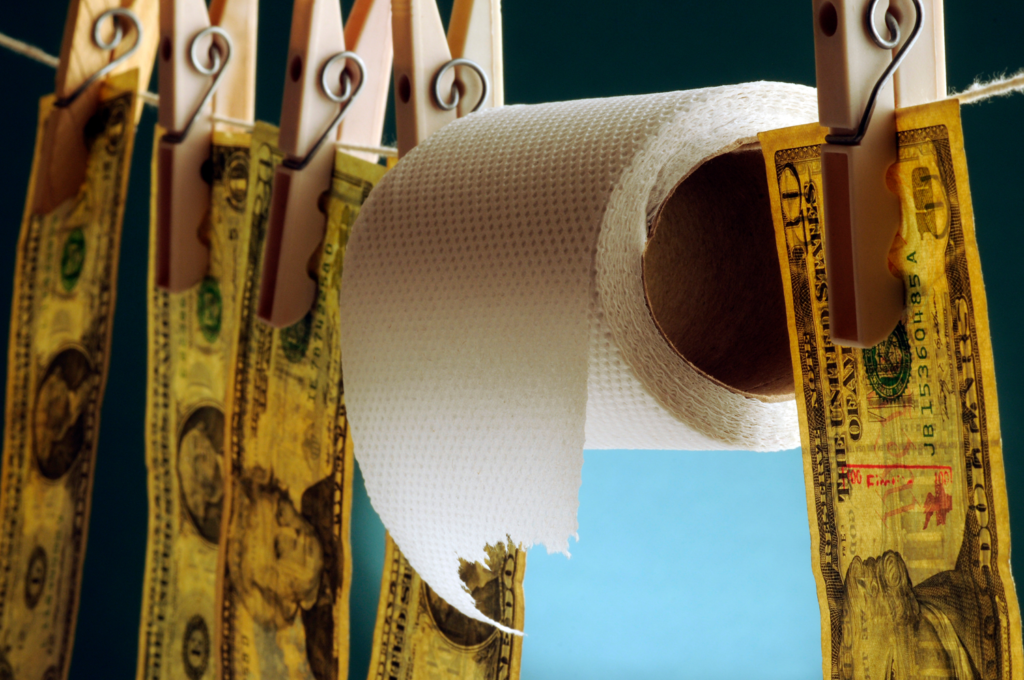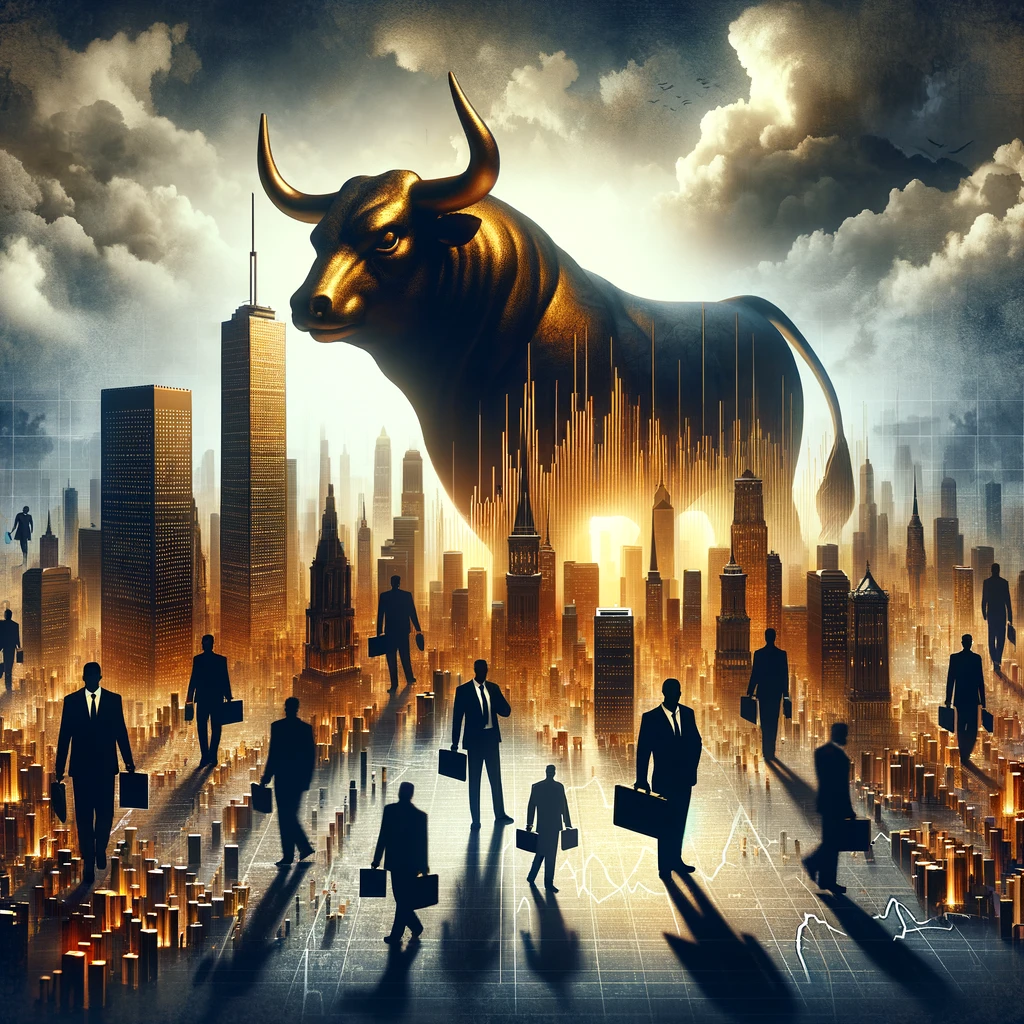In the world of finance, few places evoke as much mystique and allure as Wall Street. It’s often portrayed as the epicenter of wealth, where fortunes are made and dreams fulfilled. But beneath the glittering façade lies a complex reality that many are unaware of. In this blog, we’ll delve into the idea that Wall Street serves as the bank account for the extremely wealthy, while others are sold a dream built on what some argue is the illusion of fake money.o lists are a powerful force in the world. Accomplished athletes, actors, and business professionals can attest to the power of writing down what they wanted to do and following through on those tasks.
The Illusion of Wealth:
For decades, Wall Street has been synonymous with prosperity. The image of stockbrokers in sharp suits yelling buy and sell orders on the trading floor has become iconic. But does this frenetic activity truly translate into wealth for everyone involved? The answer is not as clear-cut as it might seem.
The Wealth Disparity:
One of the most striking aspects of Wall Street is the staggering wealth disparity it represents. While some individuals and institutions accumulate fortunes beyond imagination, the average investor often sees modest returns at best. This stark contrast raises questions about the equity of the financial system.
The Role of Fake Money:

Critics argue that much of the wealth generated on Wall Street is, in essence, “fake money.” They point to financial instruments such as derivatives and complex trading strategies that can artificially inflate profits. These strategies often benefit those with the resources to navigate the intricate world of high finance, leaving others struggling to keep up.
The Dream Sold to Main Street:
For many individuals, Wall Street represents the hope of financial independence and prosperity. They invest their hard-earned money in stocks and mutual funds, believing in the promise of long-term gains. However, some argue that this dream is not always achievable due to the inherent complexities of the financial markets.
The Power of the Wealthy:

Wall Street is also a realm where the extremely wealthy wield significant influence. Through political lobbying, campaign contributions, and control of major corporations, they can shape economic policies and regulations to their advantage. This power dynamic can further exacerbate wealth inequality.
The Need for Financial Literacy:
In a world where Wall Street plays such a central role, financial literacy becomes paramount. It’s essential for individuals to understand the risks and rewards associated with investing. Without adequate knowledge, they may fall prey to schemes promising quick riches.
A Call for Transparency:
To address concerns about Wall Street’s role in wealth inequality and the perception of “fake money,” some advocate for increased transparency and regulation. They argue that a more level playing field can help protect the interests of all investors, not just the elite.
Conclusion:
Wall Street’s reputation as the bank account for the extremely wealthy is not without merit. The financial industry is a complex ecosystem where fortunes are indeed made, but where the average investor may face challenges in realizing their dreams. To navigate this world successfully, it’s crucial to approach it with eyes wide open, armed with knowledge and a healthy dose of skepticism.
In the end, Wall Street represents both opportunity and risk. It’s up to individuals to decide how they want to engage with this iconic financial hub and whether they believe in the dream it offers or perceive it as a realm of “fake money” for the privileged few.


